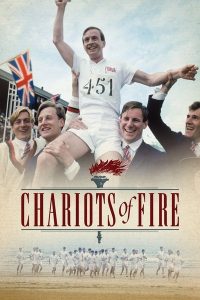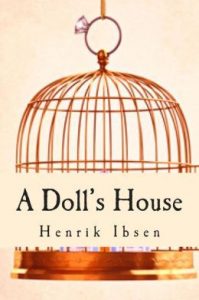 Melville’s Billy Budd is a thought-provoking novel that delves into the importance of making objective and fair decisions. In the story, the captain of the Bellipotent is faced with a difficult decision after sailor Billy Budd is accused of killing John Claggart, the master-at-arms. As a witness to the incident, Captain Vere knows that it was an accident and that Billy Budd did not intend to kill Claggart. However, he must make a decision about how to handle the situation.
Melville’s Billy Budd is a thought-provoking novel that delves into the importance of making objective and fair decisions. In the story, the captain of the Bellipotent is faced with a difficult decision after sailor Billy Budd is accused of killing John Claggart, the master-at-arms. As a witness to the incident, Captain Vere knows that it was an accident and that Billy Budd did not intend to kill Claggart. However, he must make a decision about how to handle the situation.
Continue reading
Monthly Archives: October 2016
Chariots of Fire / Director Hugh Hudson
 Chariots of Fire is an excellent example of the importance of sticking to one’s values, principles, and mission. The movie portrays the story of two athletes who do not run for selfish reasons like money or fame. One of them runs to honor God, be an exemplary man, a devoted Christian, and a successful athlete. The other runs to break down prejudices against Jewish people. Despite facing significant elitist pressure, both athletes remain unwavering in their convictions.
Chariots of Fire is an excellent example of the importance of sticking to one’s values, principles, and mission. The movie portrays the story of two athletes who do not run for selfish reasons like money or fame. One of them runs to honor God, be an exemplary man, a devoted Christian, and a successful athlete. The other runs to break down prejudices against Jewish people. Despite facing significant elitist pressure, both athletes remain unwavering in their convictions.
Continue reading
In the Penal Colony / Franz Kafka

Kafka’s In the Penal Colony is a powerful metaphor for understanding the obstacles to change from an outdated system to a new one. In this story, the apparatus, the central justice device of the old system, executes accused individuals in a cruel manner, with no trial or chance for defense. Despite the obvious flaws in the system, the officer in charge of operating the apparatus remains single-mindedly devoted to the old system and its designer. This officer represents the governors in society who seek to preserve the system at all costs and idolize their predecessors. The rules, customs, and ceremonies of the old system serve to reinforce its hold on society, turning routine actions into unquestioned rituals.
Continue reading
A Doll’s House / Henrik Ibsen

Henrik Ibsen’s A Doll’s House is a significant literary work that emphasizes the crucial role of economic independence for women. The play revolves around the struggles of Nora, the protagonist, and her friend Mrs. Linde, both of whom face difficult choices due to their societal positions. Mrs. Linde, for instance, is forced to marry for financial reasons, while Nora forges her father’s signature to secure his money to help her husband through depression. In contrast, Anne-Marie, the nanny of Nora’s children, is the only female character who is content and financially independent. She is also the first working woman readers/audience encounter in the play.
When Mr. Helmer approves Mrs. Linde’s employment at the bank, she gains economic independence, which allows her to marry the man she loves, Mr. Krogstad, whom she was unable to marry before due to financial constraints. The play highlights that women who lack financial independence are like dolls, with no control over their lives. However, when they gain financial freedom, they become empowered and are able to shape their own destinies.
The economic independence of women is not only vital for their personal growth and empowerment but is also critical for the development of a country. Research conducted by The Heritage Foundation shows that in free economies, women’s income is almost ten times higher than in repressed economies.[1] This suggests that as women create wealth, they contribute significantly to the prosperity of their countries. Therefore, the economic empowerment of women is not only a matter of justice and equality, but it is also an essential step towards the overall progress of a nation.
[1] Ana I. Eiras, Women and Development: Empowerment Through Economic Freedom, http://www.heritage.org/research/lecture/women-and-development-empowerment-through-economic-freedom, April 24, 2016.
